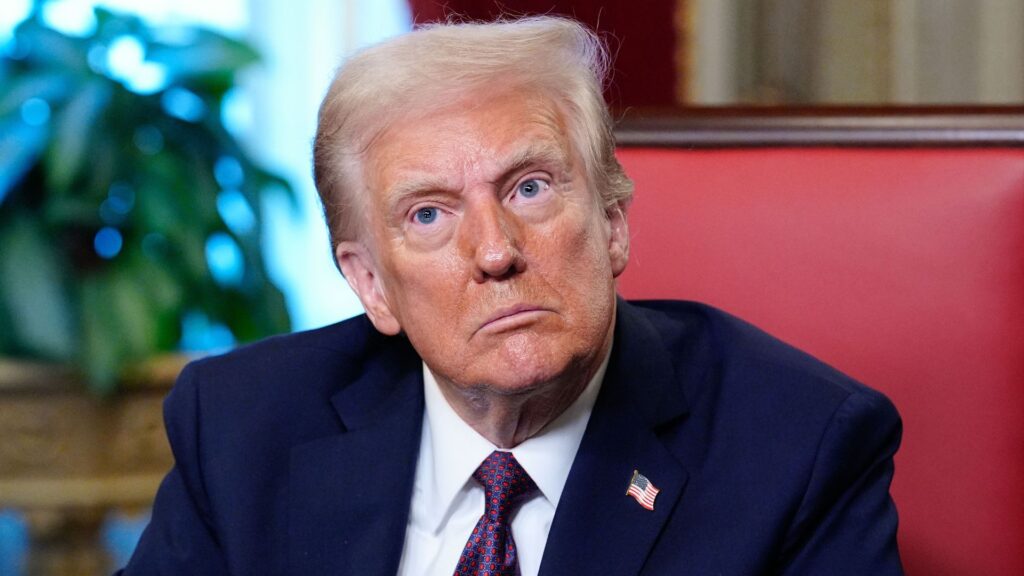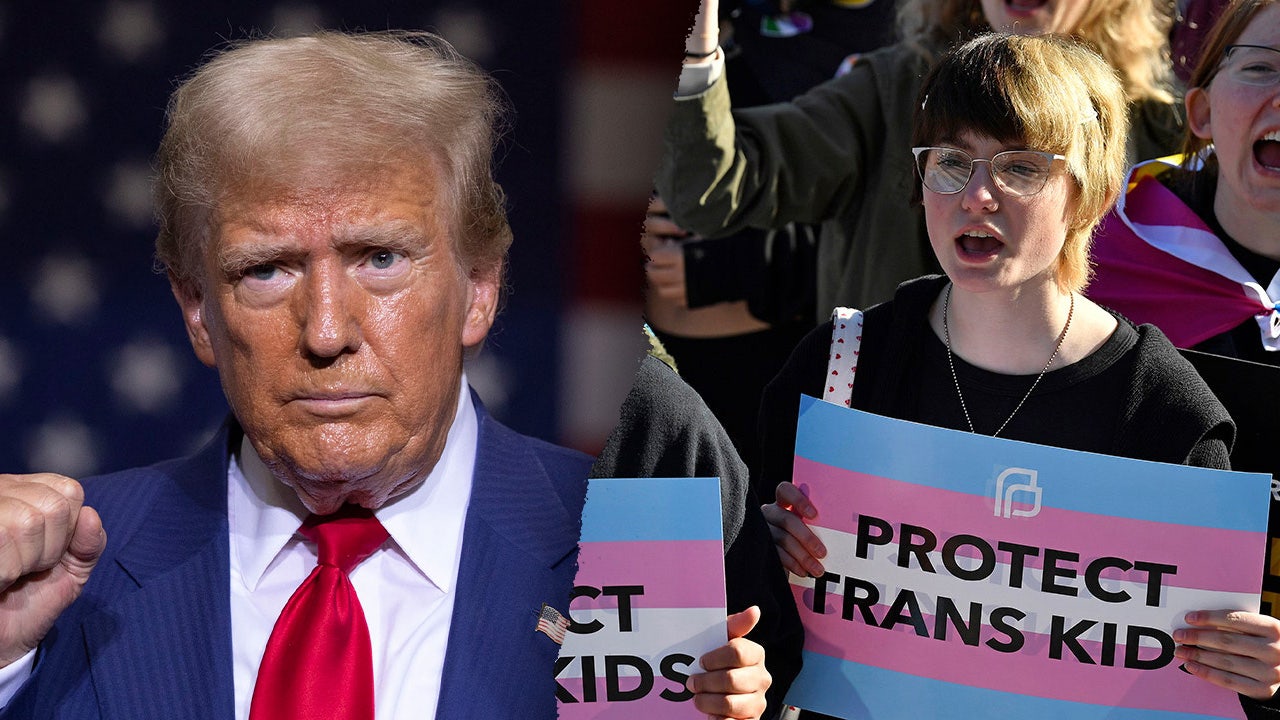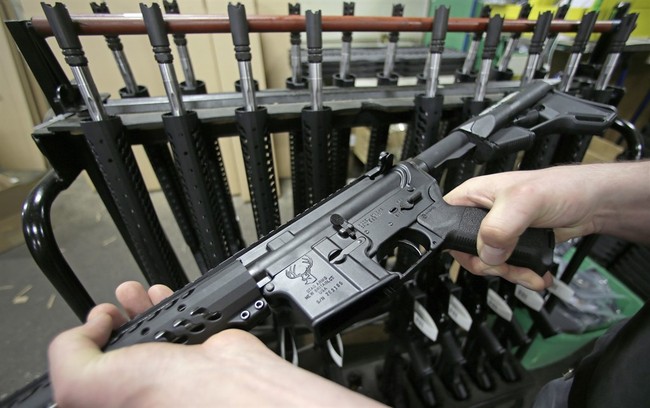Ukrainian President Volodymyr Zelenskyy stated this week that if Ukraine is not granted a fast-track path to NATO membership, his country may seek alternative security measures, including nuclear weapons.
However, U.S. officials and military experts have made it clear that this is not a viable option.
Retired Lt. General Keith Kellogg, a former national security adviser and special envoy to Ukraine and Russia, dismissed the possibility of Ukraine regaining nuclear arms.
Dennis Quaid’s #1 Warning for Americans
“The chance of them getting their nuclear weapons back is somewhere between slim and none,” Kellogg said in an interview with Fox News Digital. “Let’s be honest about it, we both know that’s not going to happen.”
Zelenskyy’s remarks come amid ongoing uncertainty about Ukraine’s future with NATO, as member states remain divided on granting full membership while the country remains at war with Russia.
Ukraine was once home to the third-largest nuclear arsenal in the world following the collapse of the Soviet Union in the early 1990s.
However, in 1994, Ukraine agreed to relinquish its nuclear weapons to Russia in exchange for security assurances from Russia, the United States, and the United Kingdom under the Budapest Memorandum.
Since then, Russia’s multiple invasions of Ukraine, including its full-scale assault in 2022, have called those guarantees into question.
As a result, Zelenskyy has argued that Ukraine should be allowed to regain nuclear capabilities if NATO membership is not an immediate possibility.
Kellogg, who was appointed by President Donald Trump to help negotiate an end to the ongoing war, rejected the idea of Ukraine rearming with nuclear weapons.

“Remember, the president said we’re a government of common sense,” Kellogg stated. “When somebody says something like that, look at the outcome or the potential. That’s using your common sense.”
Zelenskyy also indicated that he would be open to meeting Russian President Vladimir Putin for face-to-face negotiations if such talks could realistically lead to peace. However, Putin has not agreed to any direct meeting at this time.
Over the weekend, Trump stated that early diplomatic discussions have begun between Russia and Ukraine, though details remain scarce.
Kellogg emphasized that both sides will likely need to make concessions to reach a settlement.
However, he did not specify what those compromises might be, particularly regarding Ukraine’s NATO aspirations.
“That’s one of the reasons I’m going next week to Europe, to actually see them face-to-face,” Kellogg said.
“I can bring that back to the president and say, ‘OK, Mr. President, this is their concern. This is what the issues are.’”
“As you develop the plans to end this carnage, you have to make sure that you’ve got the feel of everybody in play,” he added.
“Once we get to have these face-to-face discussions, then you can really kind of work … on concessions.”
Beyond negotiations, Kellogg is also expected to press NATO allies to increase defense spending and take on a greater share of the responsibility for the war effort.
President Trump has repeatedly called on European nations to contribute more, arguing that the burden of military aid should not fall disproportionately on the United States.
As discussions continue, Ukraine’s security future remains uncertain.
Whether through NATO membership, diplomatic agreements, or additional military aid, the next steps will likely shape the long-term trajectory of the conflict.
The opinions expressed by contributors and/or content partners are their own and do not necessarily reflect the views of LifeZette. Contact us for guidelines on submitting your own commentary.
Read the full article here


![Zelensky Demands NATO or Nukes for Ukraine, Trump’s Team Responds [WATCH] Zelensky Demands NATO or Nukes for Ukraine, Trump’s Team Responds [WATCH]](https://www.rvmnews.com/wp-content/uploads/2024/09/2024.09.24-10.25-rvmnews-66f2937f04869.jpg)





![Outrage Erupts as Newsom-Backed Bill Targets Burned L.A. Homes for Redistribution [WATCH] Outrage Erupts as Newsom-Backed Bill Targets Burned L.A. Homes for Redistribution [WATCH]](https://www.lifezette.com/wp-content/uploads/2025/07/2025.07.16-01.41-lifezette-6877abf180771.jpg)


